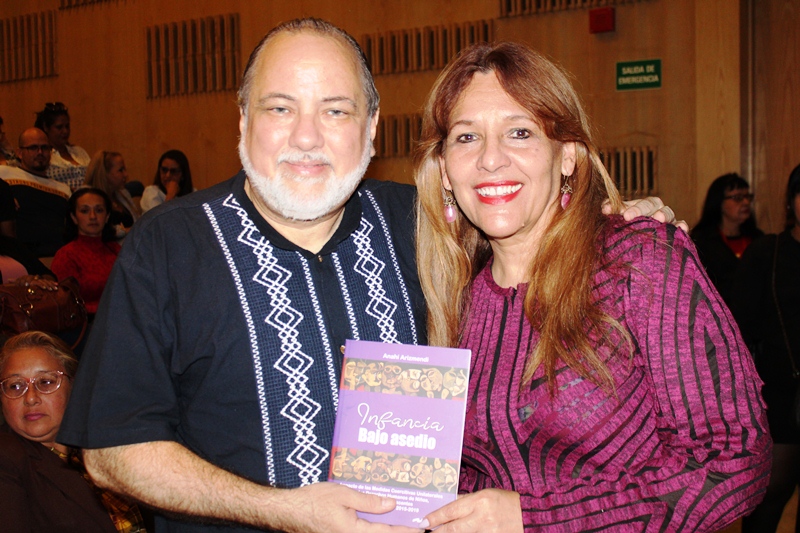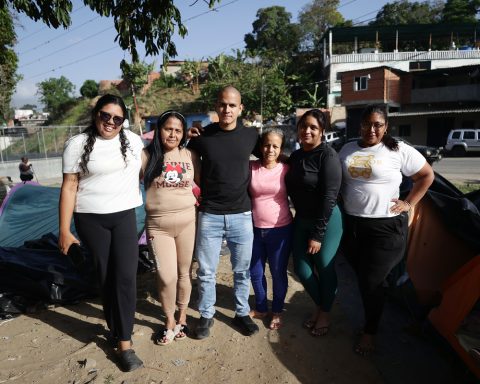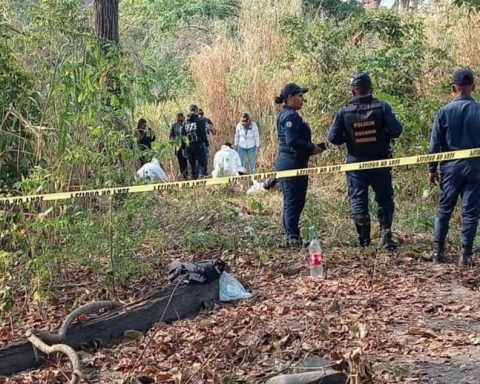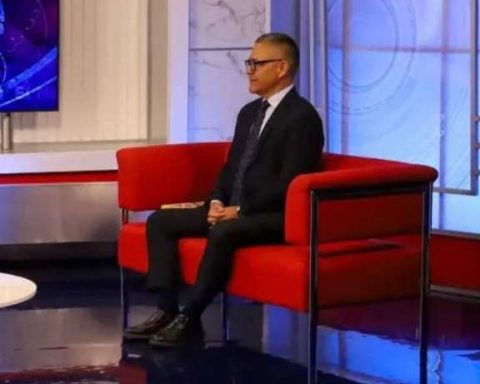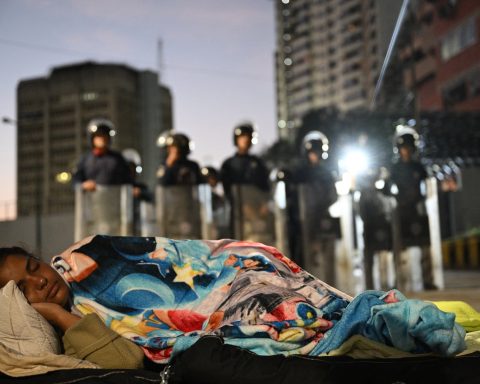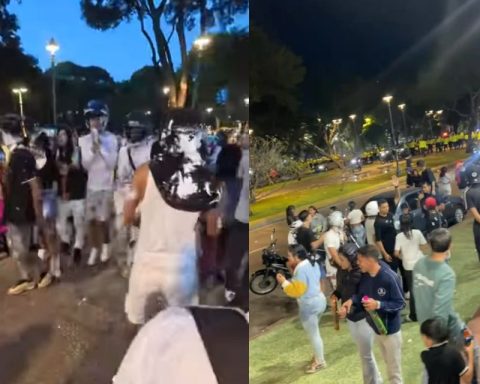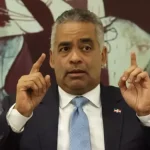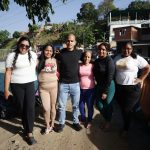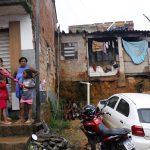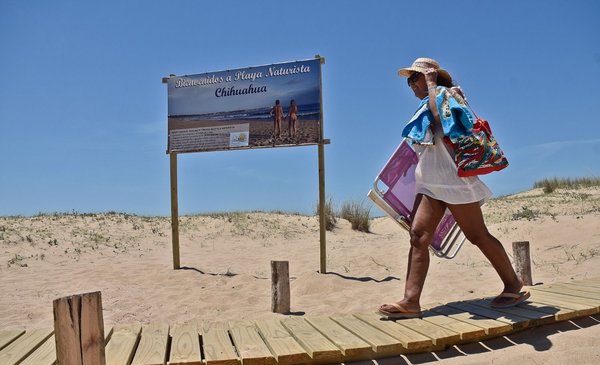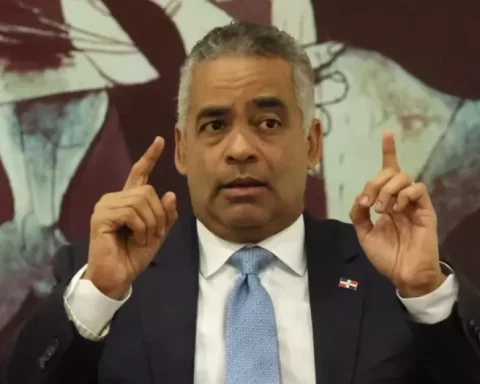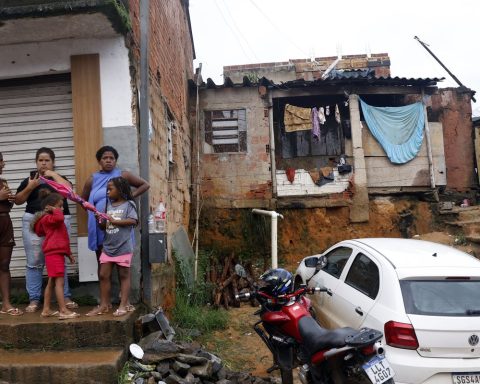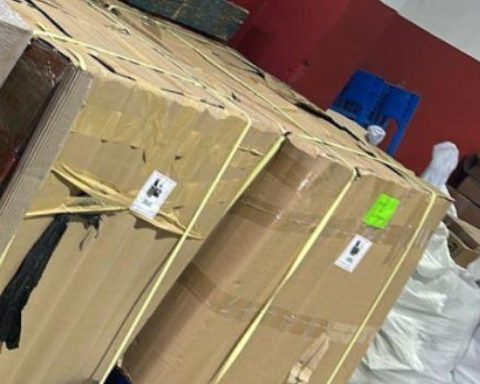This Thursday the Ombudsman, Alfredo Ruíz, referred to the issue of coercive measures as a weapon that violates the rights of an entire country.
“We are in this war, and we see how all international agreements are being ignored. These measures were designed to cause the greatest possible damage, the greatest suffering, the greatest anguish, where there should be no war, absolutely, on the contrary, we should resolve our conflicts through dialogue, dialogue should never end, there is always the possibility of resolving conflicts through dialogue.
He added that one of the things that “surprised us at the beginning of the application of these measures was the case of some children who were waiting for a transplant, everything was already ready for the operation at the hospital, but they could not undergo surgery due to the issue of the sanctions”.
Likewise, he said that because of the sanctions against the country there was a time when medicines or food did not arrive, the strategy was designed “to hit where it hurts the most, to the family, to children and adolescents, because, without food is not healthy, and less can be educated”.
He assured that with these measures, human trafficking and induced migration have been promoted, while some promise Venezuelans a paradise that does not come for everyone.
These statements were offered by the defender in the framework of the presentation of the book by the human rights activist and journalist Anahí Arizmendi, titled Childhood under siege, held at the Bolivian Museum.
crime impact
This is how Arizmendi described the consequences of the coercive measures imposed by Washington and its allies on Venezuela. “The measures are a threat to the application of the International Convention on the Rights of the Child”, since they have impacted the rights to health, education, food, housing, among others.”
He stressed that the United States is the only country that has not signed the aforementioned convention.
